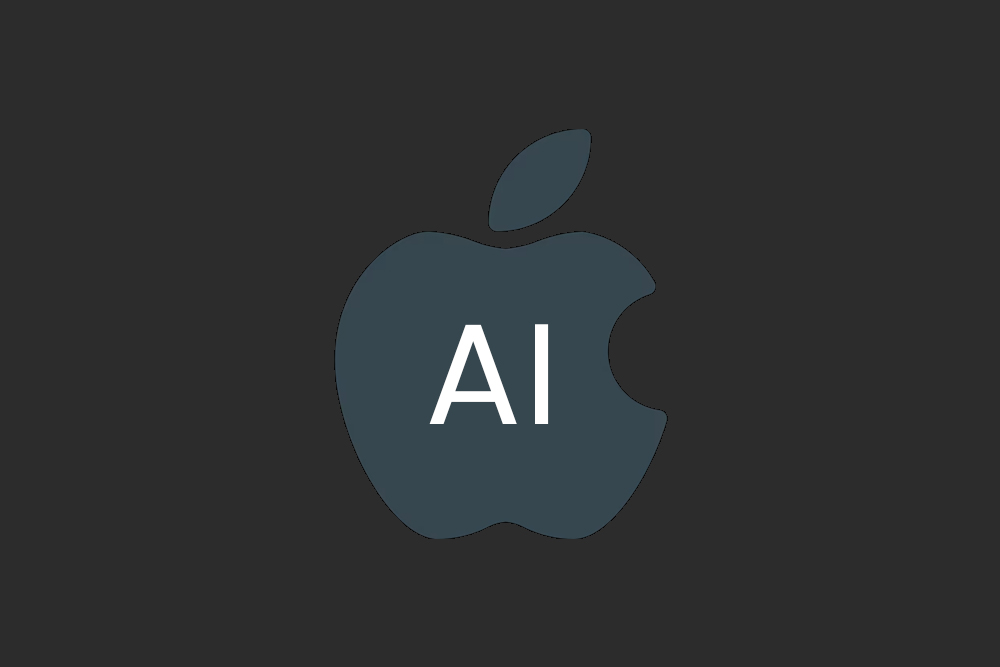Introduction
In recent years, artificial intelligence (AI) has emerged as a transformative technology, revolutionizing various industries and enhancing user experiences. Among the leaders in the tech world, Apple Inc., renowned for its innovative products and cutting-edge technology, has made significant strides in harnessing the potential of AI. As part of its AI initiatives, Apple has developed its own GPT (Generative Pre-trained Transformer) AI system. In this article, we delve into the world of Apple’s in-house GPT AI and its potential impact on the company’s products and services.
Understanding GPT AI
Generative Pre-trained Transformers, commonly referred to as GPT, are a class of deep learning models developed for natural language processing (NLP) tasks. These models are built on the Transformer architecture, which excels in capturing long-range dependencies in data, making it highly effective for tasks like language translation, text generation, and sentiment analysis.
Apple’s In-House GPT AI System
While GPT models are often associated with OpenAI, Apple has taken a strategic step by developing its own in-house GPT AI system. By doing so, Apple gains greater control over its AI capabilities and can tailor the system to meet its specific needs, applications, and user privacy requirements.
One of the primary motivations behind developing an in-house GPT AI system is to improve Siri, Apple’s virtual assistant. Siri has been a hallmark feature of Apple’s devices, offering users voice-activated assistance across a range of tasks. With the introduction of the in-house GPT AI system, Siri is expected to become more contextually aware, responsive, and capable of handling complex queries more efficiently.
Enhancing User Experience
The integration of GPT AI into Apple’s products and services is poised to elevate the overall user experience. By better understanding natural language input, Apple’s AI system can deliver more accurate and relevant responses to users, making interactions with Siri, iMessage, and other Apple applications smoother and more intuitive.
Personalization and Recommendations
GPT AI’s ability to analyze large datasets and generate human-like text makes it an ideal tool for personalization and recommendations. Apple can leverage its AI system to provide personalized content, app suggestions, and tailored recommendations to individual users based on their usage patterns and preferences.
User Privacy and Data Security
Privacy has always been a cornerstone of Apple’s approach to technology. By developing its own GPT AI system, Apple can control and secure user data more effectively. An in-house AI system also reduces the need to share sensitive user data with third-party entities, enhancing user confidence and trust in the brand.
The Road Ahead
As Apple continues to refine and expand its in-house GPT AI system, we can anticipate more sophisticated and context-aware AI-driven experiences across the entire Apple ecosystem. From advanced language translation to better predictive typing, the possibilities are vast, and Apple’s commitment to user privacy ensures that these advancements are built on a foundation of trust and security.
Conclusion
Apple’s venture into developing its own GPT AI system is a testament to the company’s dedication to cutting-edge technology and enhancing user experiences. By leveraging the power of AI, Apple aims to create more intuitive, personalized, and contextually-aware interactions for its users. As this in-house AI system evolves, we can expect Siri and other Apple services to become even more capable, solidifying Apple’s position as a frontrunner in the AI-driven technology landscape.

